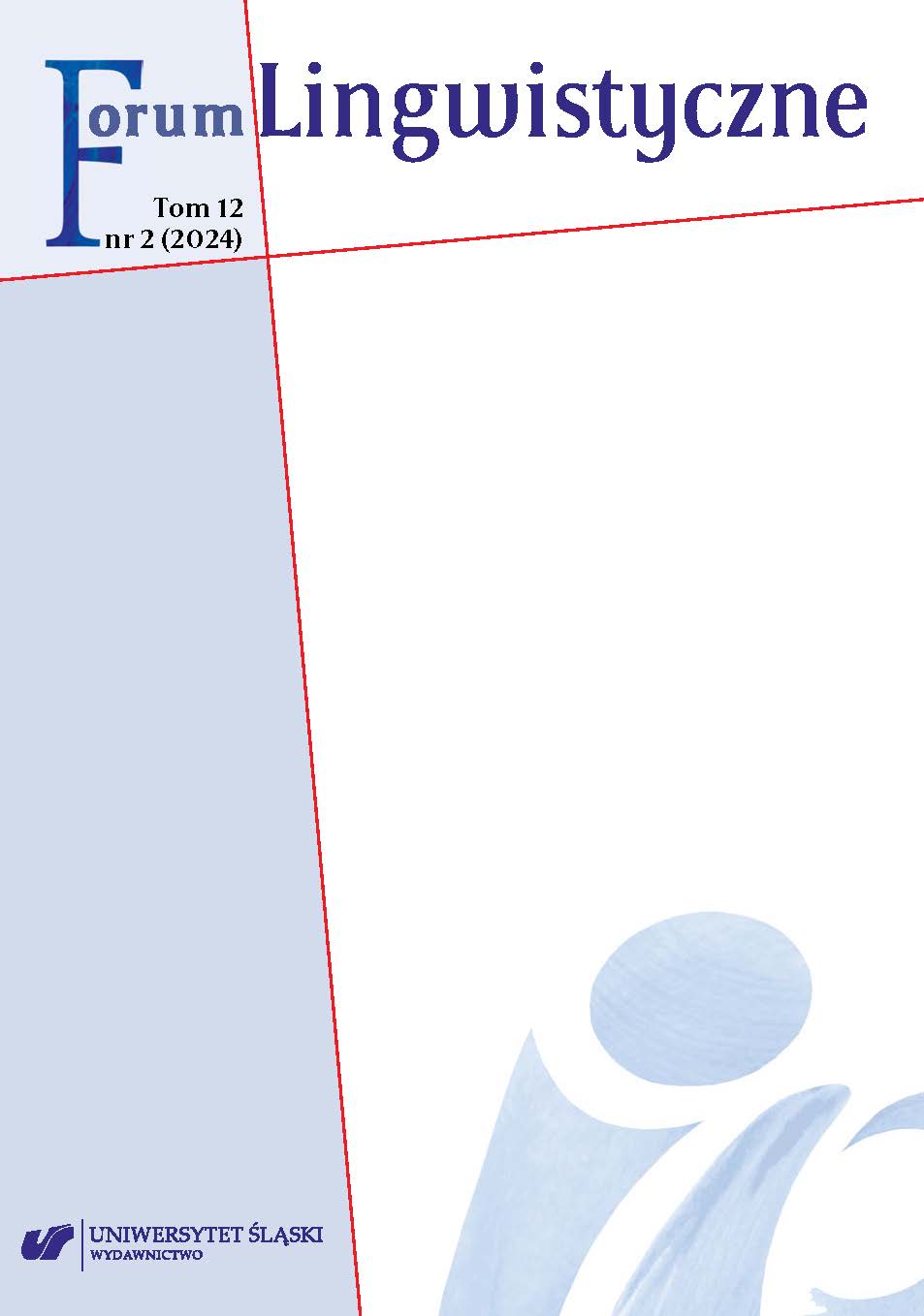Czasownik leksykalny, łącznikowy, posiłkowy – badanie korpusowe statusu składniowego czasownika bliven (‘(po)zostać’) w tekstach średnio-dolno-niemieckich
Lexical, copula, auxiliary verb – a corpus-based study of the syntactic status of the verb bliven (‘remain/become’) in Middle Low German texts
Author(s): Marta WoźnickaSubject(s): Theoretical Linguistics, Applied Linguistics, Morphology, Syntax, Lexis, Historical Linguistics
Published by: Wydawnictwo Uniwersytetu Śląskiego
Keywords: lexical verb; copula verb; auxiliary verb; passive voice; Middle Low German
Summary/Abstract: The text presents the results of a syntactic-semantic analysis of the Middle Low German verb bliven, which was borrowed into the Nordic languages and whose semantics and syntactic status in both the original and target languages are disputed. The study covers a wider than before range of linguistic material from the period between the 13th and 15th centuries and consists of texts available within the annotated Referenzkorpus Mittelniederdeutsch/Niederrheinisch (ReN) corpus and texts of the Diachrony of passive voice in North Germanic (DiaPass) corpus. The temporal limitation of the texts has made it possible to conclude that the development of the periphrastic passive voice in Swedish with bli(va) cannot be attributed to Lower German influence. The above conclusion is confirmed by the sporadic use of bliven in combination with the past participle in the Lower German material with the simultaneous increase in the overall frequency of this construction in Swedish in the 15th century. The use of both corpora made it possible to rule out differences in the use of the verb bliven between Lower German texts written in the Lower German area (ReN) and Lower German texts from the Scandinavian area (DiaPass).
Journal: Forum Lingwistyczne
- Issue Year: 2/2024
- Issue No: 12
- Page Range: 1-13
- Page Count: 13
- Language: Polish

